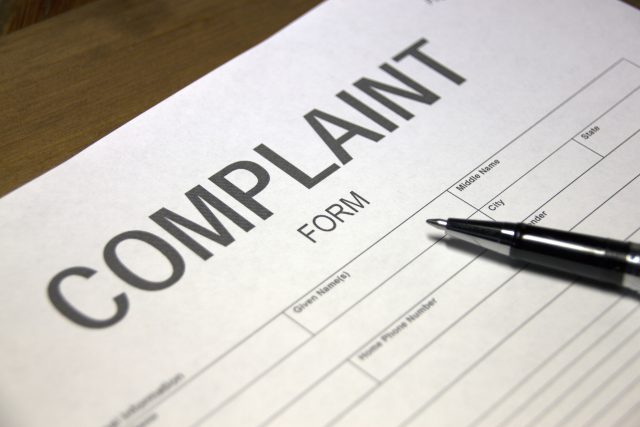This website uses cookies so that we can provide you with the best user experience possible. Cookie information is stored in your browser and performs functions such as recognising you when you return to our website and helping our team to understand which sections of the website you find most interesting and useful.
Three wineries file federal complaint against Napa County
A group of Napa wineries have banded together to rail against the “violation of their civil rights” in being prevented from holding tastings on-site.

Hopper Creek Winery, Summit Lake Vineyards and Smith-Madrone Vineyards & Winery have asked California’s Attorney General to investigate whether or not they are legally entitled to conduct public tastings and tours on their estates.
The three wineries are counter-suing Napa County in response to themselves being persecuted last year for carrying out tastings on their properties, which they believe is their right.
At the heart of the dispute is a rule change that came into effect in 1990 to limit the number of tastings and public events that take place in Napa County. It was hoped that the law would help to manage traffic and tourist levels in an already busy and crowded wine region.
However, the aforementioned three wineries claim they are exempt from the tasting ban as their businesses existed prior to the rule change.
Leading the case is Hopper Creek owner Lindsay Hoopes, an ex-prosecutor who gave up her job in law to take over the family wine business when her father became ill.
“In this case, the county is taking away substantial property rights that we have invested in for decades. Whenever you take rights away without due process, that is a constitutional violation of the civil rights act,” Hoopes said.
“As a former prosecutor, I know that an investigation into the actions taken by Napa County will demonstrate a pattern and practice of discriminating against specific classes of landowners and small businesses owners. We are small wineries that have been operating for more than 40 years.”
Hoopes claims that Napa County government is “using its police powers in a way that is completely rogue and devoid of legal merit” and she has called the local government’s efforts to thwart her business from thriving as “an illegal effort to seize property rights that we’ve possessed for decades.”
“If these officials investigate this conduct it is hard to imagine that they wouldn’t step in and protect us from this extraordinary and illegal government overreach,” she added.
Napa County attorney Arthur Hartinger issued the following statement: “A use permit exemption does not allow for tours, tastings or consuming wine on the premises. The prior owner, called Hopper Creek winery, only possessed the use permit exemption and that is what Hoopes purchased.”
Heather Griffin, who owns Summit Lake Winery, said that every year more family wineries and small businesses are lost “due to the hostile business environment Napa County has created.”
“We are asking the state and federal government to step in and help us protect what has been a special place,” Griffin said.
Stu Smith, co-owner of Smith-Madrone, the third wine estate involved in the legal action, has said that because he acquired his permit in 1973 he should be entitled to hold an unlimited number of events at his winery. However, last year he discovered by chance via a Napa County database that limits had been imposed on the winery, without his knowledge, to restrict the number of winery visits allowed per week to just 10, with no events.
“They never contacted us. They never gave us a hearing about this. They never notified us about this,” Smith said.
A trial between the three wineries and Napa County is slated for early next year.
Referencing Napa County’s attempts to curb activities at small wineries such as Hopper Creek, Hoopes added: “The goal [for Napa County] is to win at no cost or expense spared. And this is something that is being carried out with taxpayer money.”

